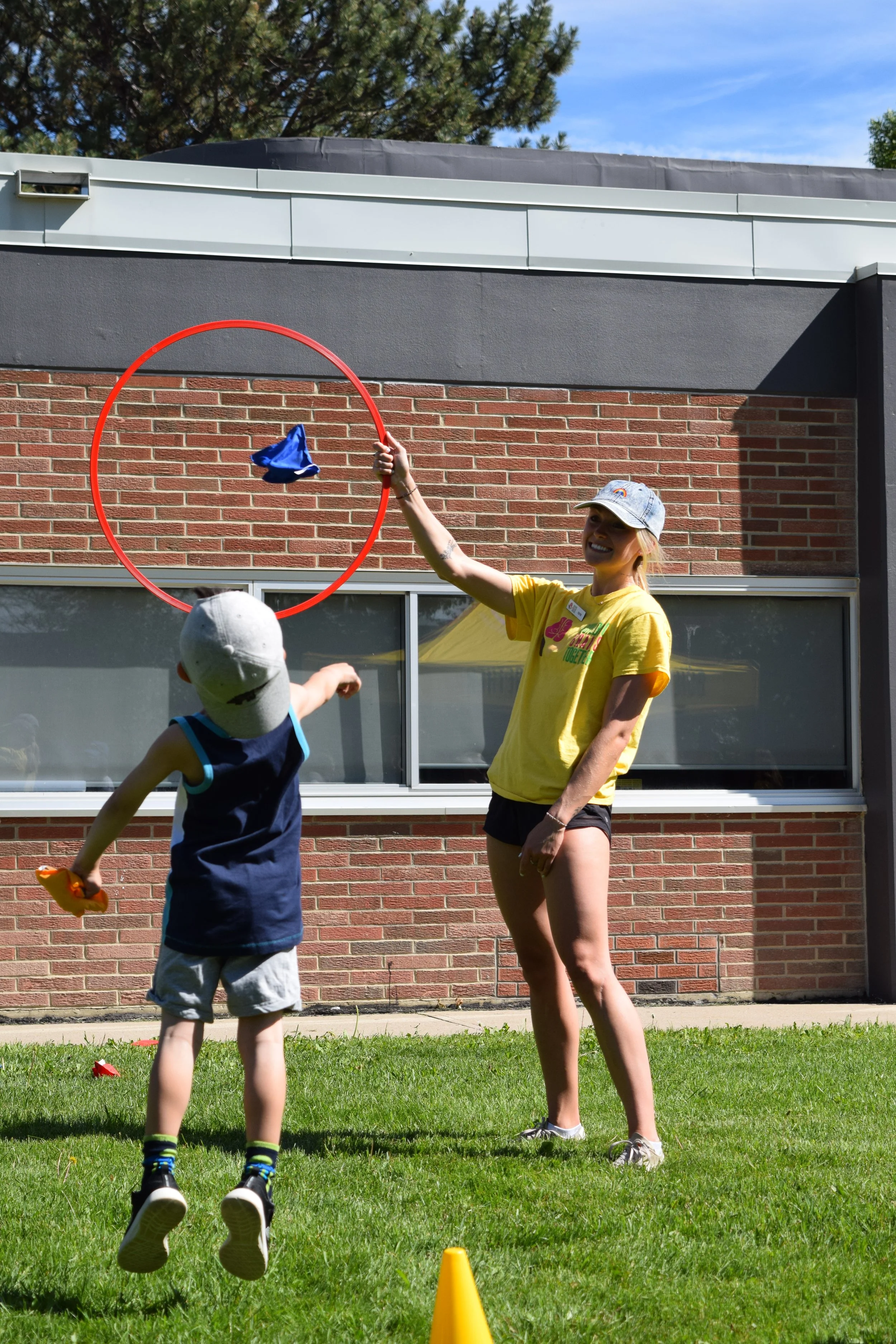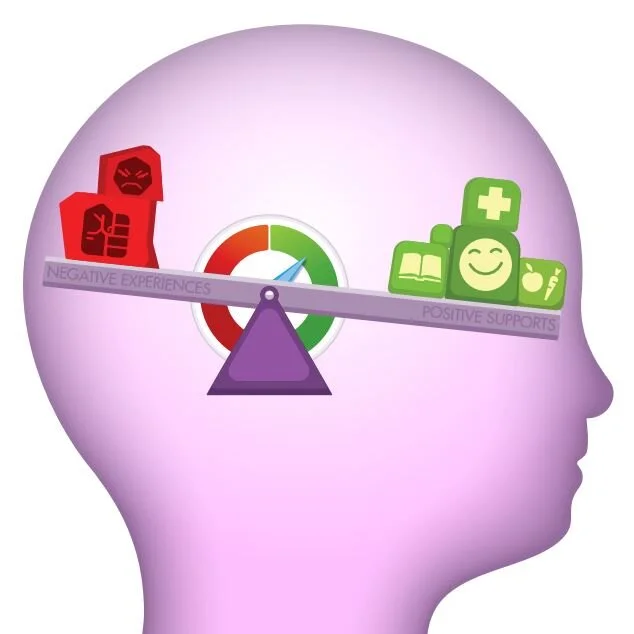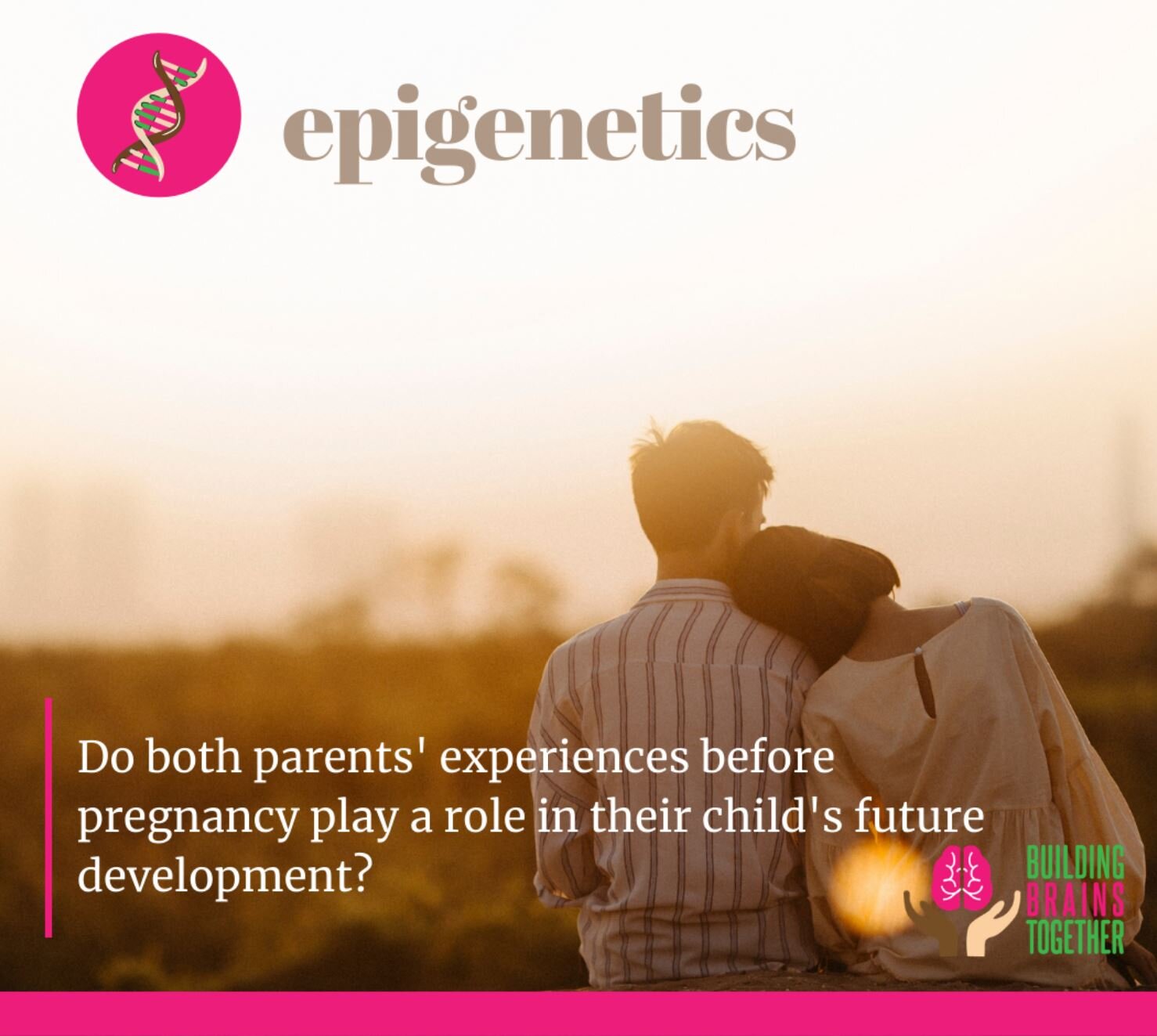Brain Building Blogs

The Adolescent Brain and Mental Health
Adolescence is a time when mental health challenges are more likely to occur, and these may have permanent negative effects on the brain. Read more in today’s Blog Post.

Effects of Parent Mental Health on Children
Learn more about the impact of a parent’s mental health on a child’s development.

Stress in Children and Teens
Like adults, children may also experience stress however, it is not always easy to recognize stress in kids; this is especially true for younger children who are unable to accurately express and reflect on their emotions. This blog looks at identifying stress and supporting children when they are experiencing stress.

Effects of Adult Addiction on a Developing Child’s Brain
Today’s blog looks at how parental addiction impacts a child’s emotional, cognitive, and social development.

The Impact of a Sm:)e
Did you know that putting a smile on your face has direct benefits for yourself and everyone around you? Read today’s blog to find out more.

Sex Differences in Cognitive Function
What are the cognitive and structural differences between female and male brains? Find out more in today’s blog post.

Three Things I Learned While Working with Building Brains Together
Building Brains Together is pleased to hire local high school and University students each summer to engage with our community, share child development information, resources, and play! In this week’s blog, hear from one of our students shares what they’ve learned working with BBT over the past four summers.

The Power of Play…for ALL Ages!
Play looks different to different people. While some types of play may have slightly different benefits than others, the main idea is the same: have fun! This week’s blog is all about the power of play.

How to Recognize and Support Teens with Anxiety
This week’s blog focuses on how anxiety impacts adolescents and their brains, common symptoms of anxiety disorders, and what caregivers and educators can do to help support teens with anxiety.

How Sexuality and Gender Identity Develop in Adolescence
As many people know, June is 2SLGBTQ+ Pride Month, so to bring awareness to issues facing our children as well as work towards creating a more inclusive environment, this week’s blog post will discuss how sexuality and gender identity develop in adolescence and explore ways to support 2SLGBTQ+ youth.

Coping with Summer Stress
Despite the warmer weather and the sunnier days, stress is still prevalent in the summer months. This Blog post offers suggestions on how to combat summer stress!

ADHD: Not Just a “Boy’s Disorder”
In this week’s blog post, we explore the neurodevelopmental condition attention-deficit hyperactivity disorder (ADHD) and how it impacts males and females differently.

Mindfulness: What is it?
Mindfulness is a common strategy to use for coping and looks different for everyone. Read this week’s blog post to learn more about what mindfulness is and check out the many links to mindfulness exercises.

Using Emotional Regulation
“Emotional regulation gives us the power to stay calm in situations that can cause stressful body responses.” Learn practical ways to develop emotional regulation in this week’s blog.

Gratitude’s Impact on Health
Much of our time and energy is spent pursuing things we currently don’t have. Gratitude reverses our priorities to help us appreciate the people and things that we do have.

Benefits of Community Involvement
Have you felt isolated from your community over the past 18 months? Read this week’s Blog Post to learn some of the benefits of community connectedness and how our free Family Outdoor play events will help facilitate connections this summer.

Emotional Literacy
Is it true that happy people live longer? Read about emotional literacy and learn how it impacts our mental wellbeing and physical health.

Supportive Systems & Communities
“What’s wrong with you” needs to be removed - with the explanation of “what’s happened to you” .

The Resilience Scale
Resilience is defined by the interrelationship between our genes and life experiences. A lot can be done by parents, caregivers, teachers, and coaches, to positively influence and strengthen a child’s resiliency so that they are better equipped for success throughout their lifetime.

Transgenerational Epigenetics
Experiences gone through by both a mother and father even before pregnancy, might also be playing a role in that child’s future development.